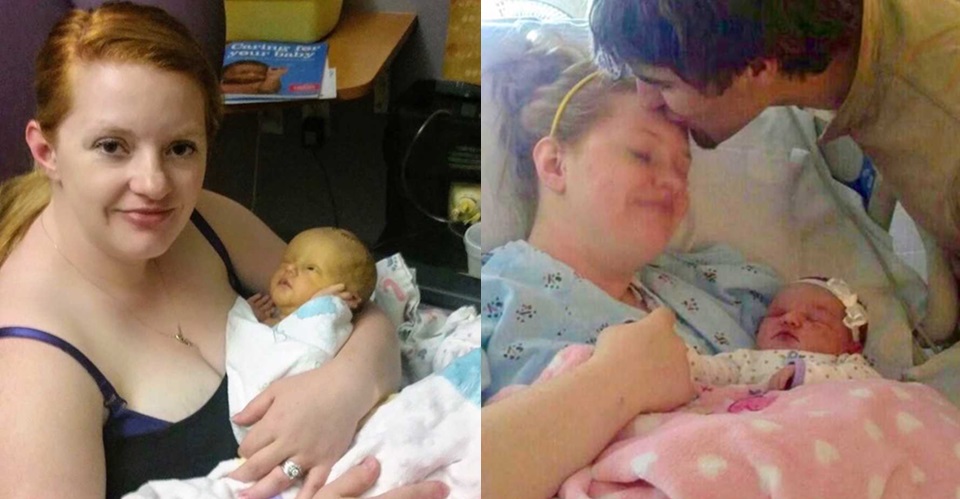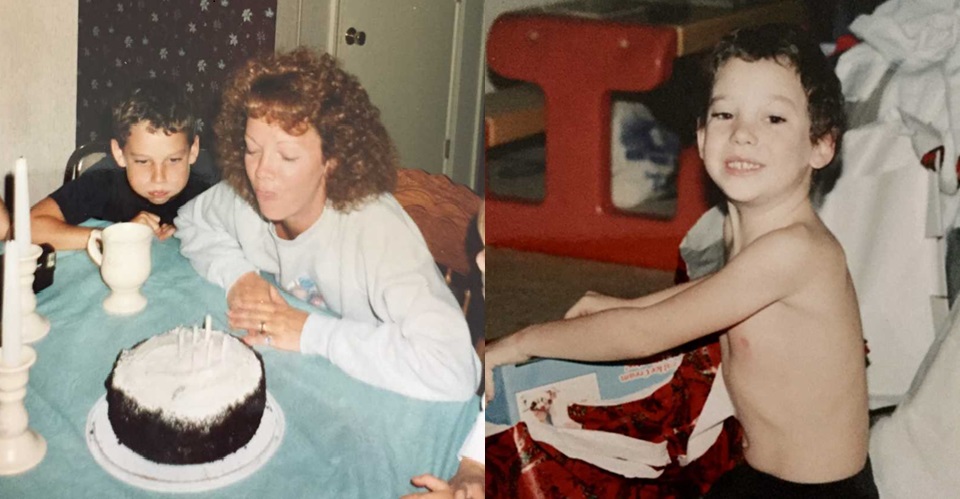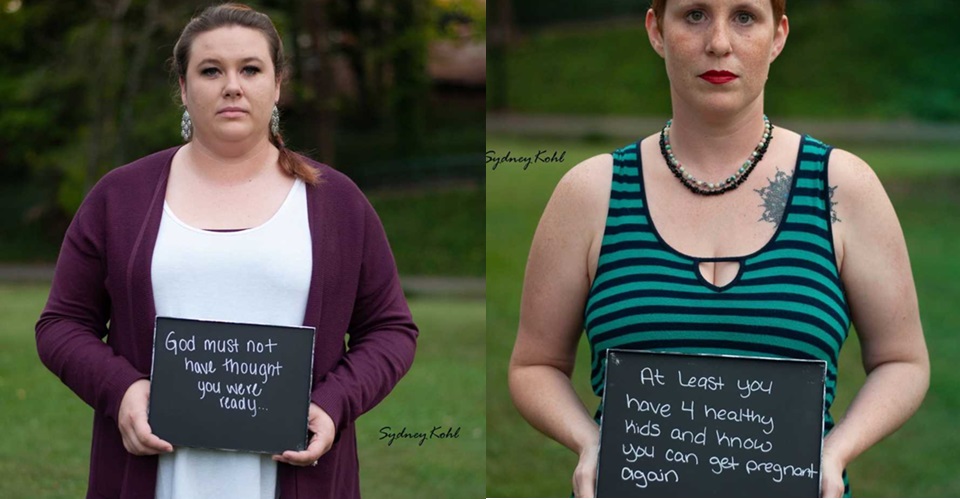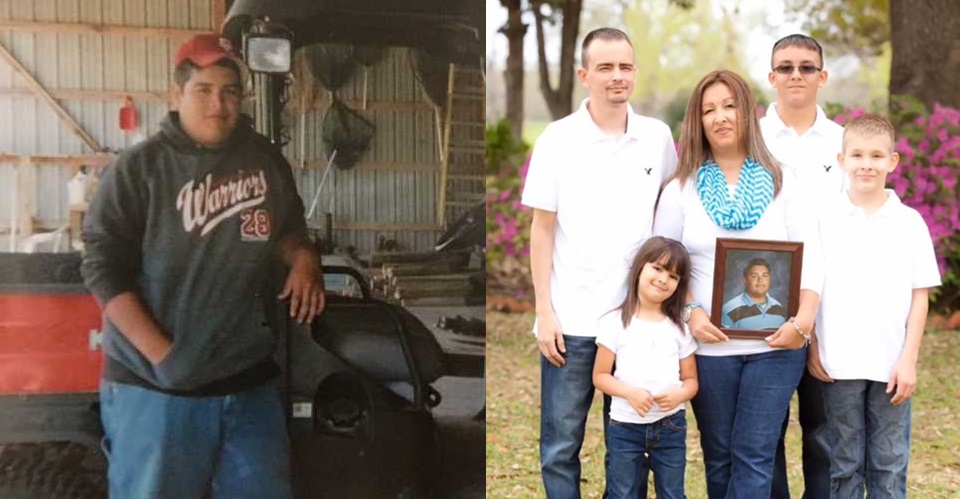When Kristyn Johns saw two pink lines on the test, her heart burst excitedly. She and her husband couldn’t wait to give their little girl, Kennedy, a sibling. They already pictured the giggles, the matching outfits, the two sisters running through the house hand in hand. Everything felt perfect until one quiet morning when a faint trace of blood changed everything. Her husband had already left for work when Kristyn noticed the spotting. Panic rose as she sat there, tears filling her eyes. “I was only fifteen weeks,” she would later recall. “I remember calling my doctor, trying not to cry, hoping it was nothing.”
At her appointment, doctors diagnosed placenta previa, a condition in which the placenta lies too low in the uterus. Kristyn was told to rest, avoid exertion, and keep faith. It sounded simple enough, and she wanted to believe it was just a precaution. At that same appointment, they found out they were having a baby girl. They named her Hattie. From that moment, Hattie wasn’t just an idea; she was a tiny person Kristyn already loved more than life itself.

But soon, the bleeding returned, heavier this time. Kristyn was placed on partial bed rest. She tried to stay positive, even canceling family trips to keep Hattie safe. “I kept telling myself, ‘It’s going to be okay. This happens to other women. We’ll be fine,’” she said. Then came Easter Eve. Kristyn woke in the middle of the night, soaked in blood. Her husband rushed her to the hospital while her mother-in-law came to stay with Kennedy. “I was shaking the whole ride there,” she remembered. “I prayed the entire time. I just wanted my baby to live.” Doctors admitted her immediately. Magnesium treatments burned through her veins, making her sick and weak. The days in the hospital blurred together — endless monitors, quiet prayers, and the fear that any moment could be the last. After several days, she was sent home on strict bed rest.
Within hours, the bleeding started again. Back to the hospital she went — and this time, something felt different. At twenty weeks, an ultrasound revealed devastating news. The amniotic fluid was dangerously low. Without fluid, Hattie couldn’t survive much longer. Kristyn’s husband was away for work when the cramps began again. Her mother rushed her to the hospital, and the silence in the ultrasound room said everything before the doctor even spoke. There was no fluid left.

Hattie was still alive, but barely. The doctor told Kristyn she had a one percent chance of survival. “I remember just sitting there in shock,” she said softly. “One percent. That’s what I was holding onto — one single percent.” A grief counselor came in to prepare her for what was coming. Kristyn could hardly hear the words. “It didn’t feel real,” she said. “I kept thinking, this can’t be happening to me.” That night, the contractions started. Kristyn knew what was happening. She felt Hattie move one last time before her body began to let go.
At 11:06 p.m., Hattie was born, nineteen weeks too early. She weighed 7.6 ounces and was 8.5 inches long. “She was so tiny,” Kristyn said, tears in her eyes. “But she was perfect. Every little feature. Her fingers, her lips, her nose, all of it. Perfect.” Kristyn held her daughter close, memorizing every detail. She knew these moments were all she would ever have. “I didn’t want to let her go,” she said. “I just wanted time to stop.”

They laid Hattie to rest in Babyland, a section of their local cemetery. Kennedy visits with her mom, talking to her sister like she’s just away for a while. “She’ll say things like, ‘Hattie’s in heaven playing,’ and sometimes I believe she’s right,” Kristyn said. Some days, Kristyn feels peace. Other days, the pain returns just as sharp as that night. “There are moments where I wonder what she would look like now,” she said quietly. “Would she have her daddy’s eyes? My smile? Would she love to dance like her sister?”
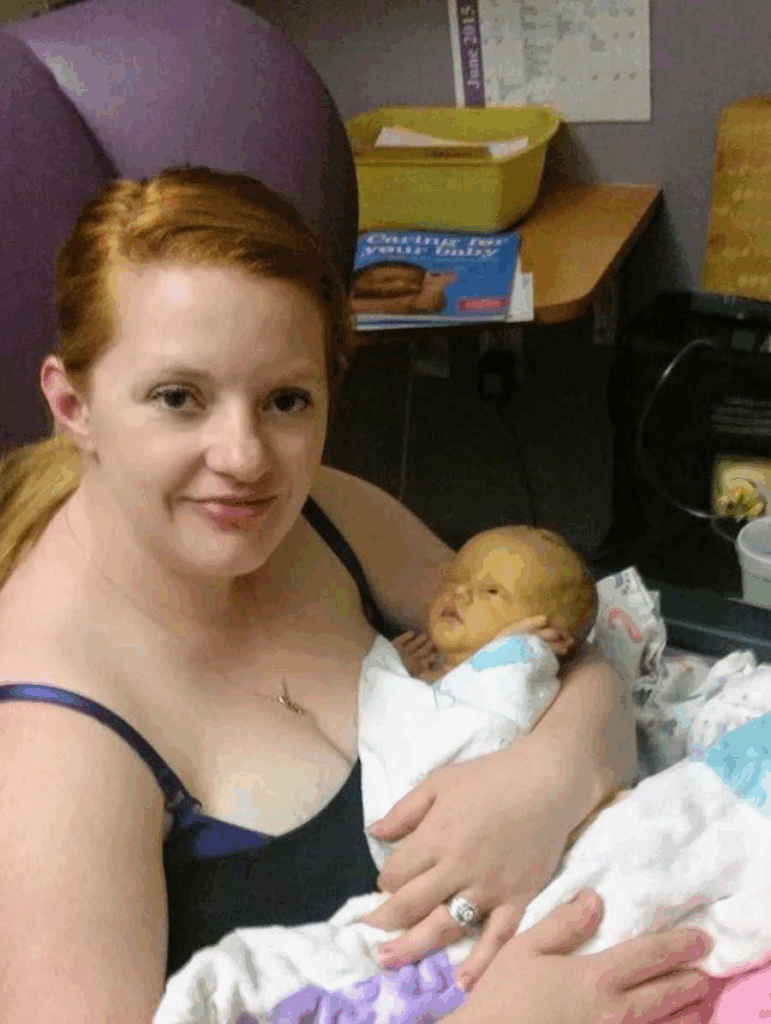
Grief has become her lifelong companion, quieter at times, but never gone. Through sharing her story, Kristyn hopes to remind other mothers that they are not alone. “You never expect it to happen to you,” she said. “But when it does, the only thing that gets you through is knowing someone else has felt this too.” Kristyn Johns is one of the one in four women who experience pregnancy loss. But her story isn’t only about loss the kind that never fades, even when life takes away the chance to see it grow.
